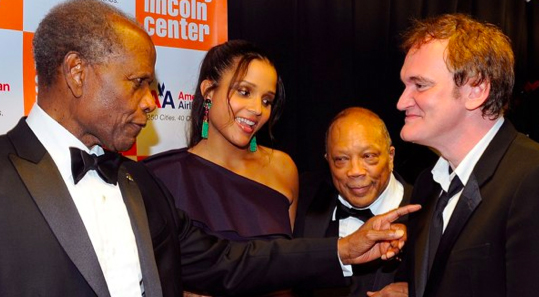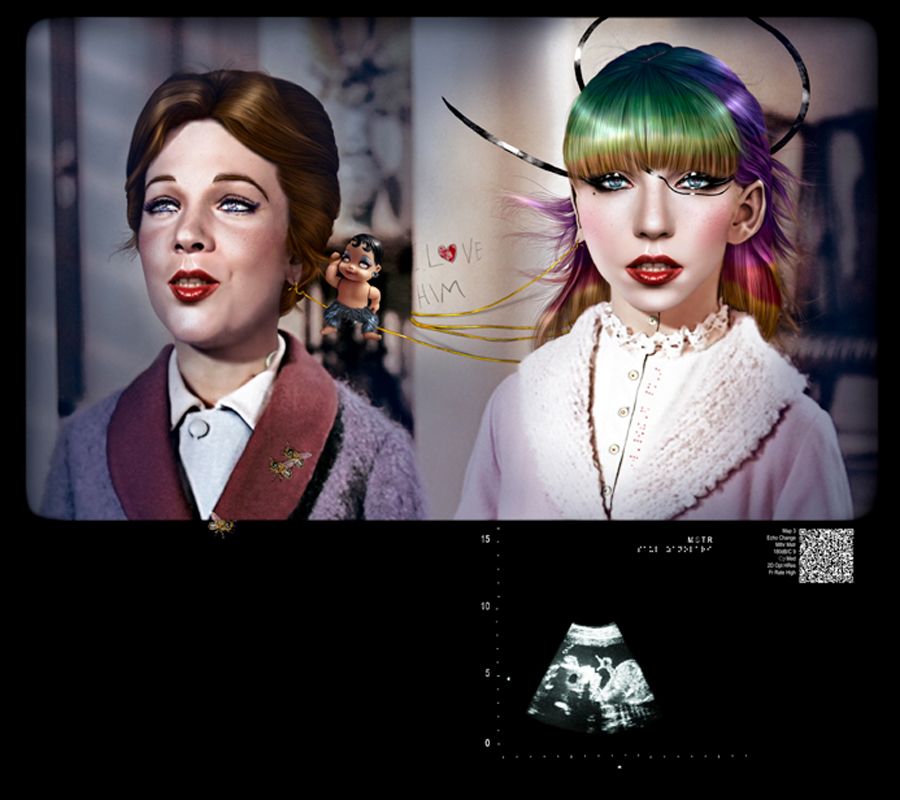Kerry Washington, Kerry Washington, Kerry Washington and Kerry Washington. Perhaps I should explain?

We haven't done a red carpet lineup in awhile and there were a ton of glitzy events this past week. The true marvel was that Kerry Washington went to all of them, from left to right: The Time 100 Gala (Friday, NYC), Washington Correspondents Dinner (Saturday, DC), Mary J Blige Honors Concert (Monday, NYC) and the Costume Gala at the Met (also Monday, NYC). Maybe we'll look at a few more dresses tomorrow -- the Met Gala is annual awesomesauce -- but tonight let us marvel at Kerry's stamina in stilettos. Is this, like, her full time job now?
Someone please hire her for a meaty role / major movie. FACT: In the afterlife all Hollywood power brokers who held great actresses back from the careers they were meant to have will answer for those sins.
 Remember when Kerry had that blink and you'll miss her part as blind Alicia in Fantastic Four? Maybe she should have played Multiple Man Jamie Maddox in the X-Men movies instead? She goes to everything!* Note how in one single week she doesn't wear the same color or hairstyle once and even switches it up hourly if there are two events. Note that on Saturday she went to the Pre-Party in for the Washington Correspondents Dinner with loose curls and leopard print top (left with Rosario Dawson -- I couldn't find a full body shot for the lineup, damnit) and then -- moments later? -- she's working a tight braided bun with an Asian influenced gown.
Remember when Kerry had that blink and you'll miss her part as blind Alicia in Fantastic Four? Maybe she should have played Multiple Man Jamie Maddox in the X-Men movies instead? She goes to everything!* Note how in one single week she doesn't wear the same color or hairstyle once and even switches it up hourly if there are two events. Note that on Saturday she went to the Pre-Party in for the Washington Correspondents Dinner with loose curls and leopard print top (left with Rosario Dawson -- I couldn't find a full body shot for the lineup, damnit) and then -- moments later? -- she's working a tight braided bun with an Asian influenced gown.
Four red carpet wins in five nights = too much time on her hands. BACK TO WORK WITH HER HOLLYWOOD. Get on that. Force her to stay home a couple of nights, blistering her fingers with all the page turning from that stack of scripts you've just sent her.
What kind or role would you love to see Kerry tackle?
*Nathaniel promises that he does not stalk Kerry Washington. Unless stalking includes Google Alerts in which case... guilty!
 Wednesday, May 4, 2011 at 1:37PM
Wednesday, May 4, 2011 at 1:37PM 
 Audrey Hepburn,
Audrey Hepburn,  May Flowers
May Flowers 






